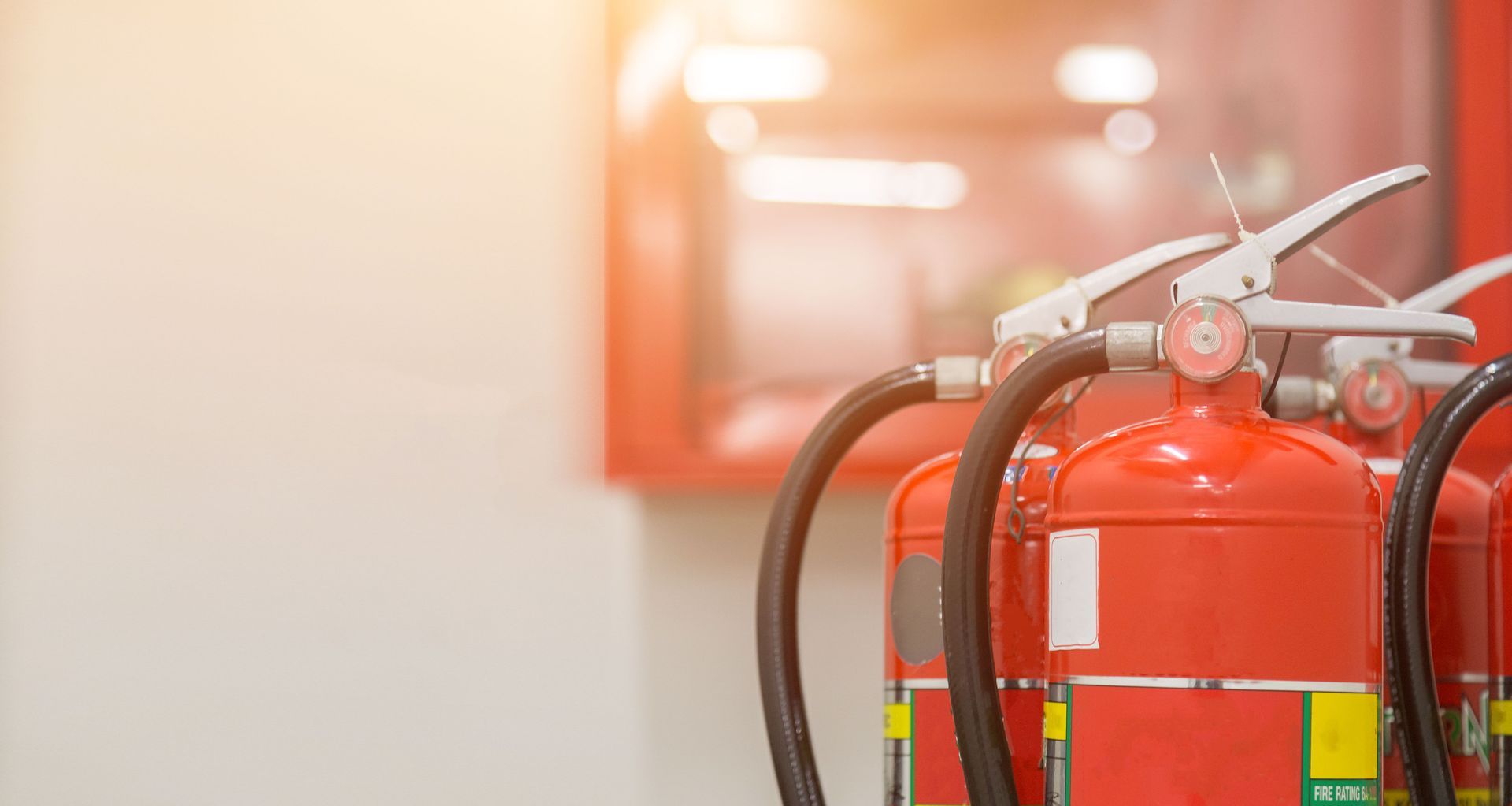What Constitutes a Building Warrant of Fitness Audit for Commercial Buildings in New Zealand?

As a building owner in New Zealand, it is crucial to understand the importance of a Building Warrant of Fitness (BWOF) audit for your commercial property. A BWOF audit is a legal requirement that ensures your building's safety systems are maintained and inspected regularly according to the compliance schedule.
Triggered Inquiries and Compliance Issues
Our practice has recently experienced a significant increase in inquiries regarding fire safety upgrades of existing commercial buildings, many of which have been triggered by the BWOF process. Independent Qualified Persons (IQPs) have identified non-compliance issues, such as the lack of passive fire system features, during these audits.
Key Components of a BWOF Audit
A BWOF audit typically includes a review of the compliance schedule to ensure it is correct and complete, checking that specified systems have been maintained and inspected as per the schedule, verifying that annual Form 12A certificates have been provided by IQPs for each specified system, and confirming that the BWOF certificate is correctly displayed.
Fire Safety Systems in Focus
Fire-specific systems that are likely to be included in the compliance schedule and BWOF audit are automatic fire sprinkler systems, fire alarms, emergency lighting, smoke control systems, fire extinguishers, fire hose reels, and passive fire protection elements like fire doors and fire-rated walls.
Liability and Responsibility of Building Owners
Some building owners have questioned why non-compliance issues are being raised now, despite their buildings passing BWOF audits for many years without any changes. It is important to understand that building owners are ultimately liable for any non-compliance that may lead to occupant injury or death, and it is in their best interest to keep their property safe and compliant.While some non-compliance aspects may have been overlooked in the past, this does not excuse building owners from maintaining and upgrading their buildings to meet current compliance standards. Regular upkeep and maintenance are essential to ensure the safety of building occupants and minimize the risk of fire-related incidents.
Owner-Operators' Role in Updating Compliance Schedules
Many of our clients, particularly owner-operators of businesses, are in fact proactively seeking to update their building's compliance schedule and BWOF due to their health and safety requirements or operational needs. This demonstrates a growing awareness of the importance of fire safety and compliance in the commercial building sector.
How THE DESIGNFIRE Can Help
At THE DESIGNFIRE, we are committed to helping building owners navigate the complexities of fire safety compliance and upgrade processes. Our team of experienced professionals can provide expert advice, conduct assessments, and develop tailored solutions to ensure that your building meets all necessary fire safety standards.
Conclusion: Prioritizing Safety and Compliance
BWOF audit is a critical process for maintaining fire safety in commercial buildings in New Zealand. Building owners must prioritize compliance and work with qualified professionals to address any deficiencies promptly, protecting occupants and minimizing liability. By understanding the requirements of a BWOF audit and taking proactive steps to maintain and upgrade their buildings, owners can contribute to a safer built environment for all.
